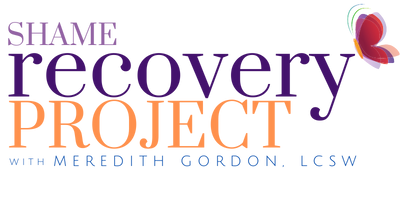You need to forgive. This is what we are told. I need to forgive. This is what we tell ourselves. That a lot of pressure wrapped up in a handful of words. When the feeling or impulse to forgive is not readily available we worry that the anger might be with us forever. And then we read about how we need to forgive and the cycle begins all over again. Here are some thoughts if you need some relief from the urgent appeals to forgive so you can move on. In fact, you can move on and continue to assess and reflect what forgiveness means to you. As you evolve, it will, too.
Forgiveness evolves
I’ve come to think of forgiveness as something that evolves, not something you choose. It’s something that arises from reflection, not something you plan.
You can’t game forgiveness
Technically, I suppose, you can choose to say, “I forgive” and play catchup later. Catchup in the sense of doing the emotional work necessary to “forgive.”
When letting go happens organically, forgiveness often follows—sometimes
That is not the same as feeling an organic “letting go” from within. When this happens, forgiveness happens. And this happens when we gain greater empathy and compassion for ourselves.
The inner agitation of having been violated is what hurts more than being “unable” to forgive
Trauma can affect our ability to see the effects of what the trauma did. This does not mean that the trauma defines you or that you are holding onto the past. It means that there are areas about what happened that are still troubling to you, affecting you, and need your attention.
Tend to the hurt inside you but with an eye toward revealing its (your) strengths (to yourself)
I’ve heard people say they want to move on from the pain, that they want to forgive but can’t. What they often don’t realize is that the part of them that was wounded that still lives inside their psyche, is not ready. That is okay! I wish more people would be okay with continuing to reflect on their pain in a mindful way. What can it teach you? What has it taught you? What might you do differently? How can it help you learn about yourself? This is not the same as “wallowing” or having a “pity party” (two terms I don’t care for because they degrade what might be a genuine emotional experience).
We hear a lot about empathy when speaking of forgiveness, and how those who have been badly hurt in the past came to a place of forgiveness, in part, through empathy. That starts with cultivating empathy for yourself, for that part inside you that aches.
You deserve time and space to sort through what happened, to form the words and experience the anger, pain, anxiety, sadness, fear, rage. That is the work that needs to get done.
Take the pressure off
There is risk of distraction when the main focus becomes needing to forgive someone else. Energy gets misplaced. Forgiveness can evolve organically when you give yourself the time and space you need for yourself.
Choice is for actions. Ditch the “I can choose how I feel” model
Telling yourself that you have a “choice” as to how you feel (forgiveness involves feelings) you may inadvertently risk shaming yourself for your inability to forgive yet. What a bind! This happens when we impose this “choice” strategy on something organic like a feeling and sets into motion the opposite force of what the “preferable” choice is (in this case, forgiveness).
Reserve “choice” when it comes to actions you take—choose to journal or take a walk. Choose to accept that something happened. Choose to spend fifteen minutes talking with someone you trust. Or, you might choose to consider what forgiveness might look like (maybe).
Invite the concept of forgiveness to present itself to you.
Forgiveness and acceptance evolve. They evolve from processing the pain. From crying, writing, talking, gaining insight, attuning to your feelings, remembering, finding meaning, over and over again.
Invite the concept of forgiveness to present itself to you. In other words, be conscious of what its voice might say to you and through you. Let it speak into the pages of your journal or through your art. Let it breathe and listen to its words. Talk to it, ask it “why,” and, then, listen.
Photo by Mohamed Nohassi on Unsplash
